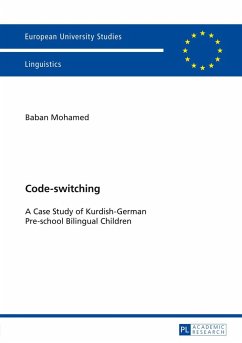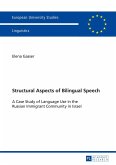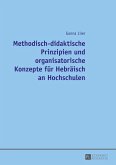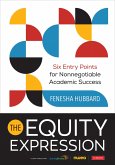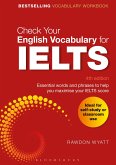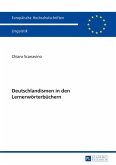The state of acquiring more than one language as a child or an adult is not the exception; it is rather an everyday reality for a quite substantial part of today's society. This book explores the phenomenon of code-switching within the field of child bilingualism from both linguistic and sociolinguistic perspectives. Based on collected data from Kurdish-German pre-school bilingual children in Austria, this empirical study aims at giving an analysis of linguistic and extra-linguistic factors that constrain child code-switching. The book shows specific interest in practices of code switching and mixing as displayed by Kurdish subjects of the study and in how far these can be sufficiently explained by existing models of (adult) bilingual language behavior. The results clearly show that code-switching can be related to the identity and characteristics of the speakers or to aspects of their social life, and that it can be subconsciously used to manage conflict when different languages are associated with different roles in a community.
Bitte wählen Sie Ihr Anliegen aus.
Rechnungen
Retourenschein anfordern
Bestellstatus
Storno

